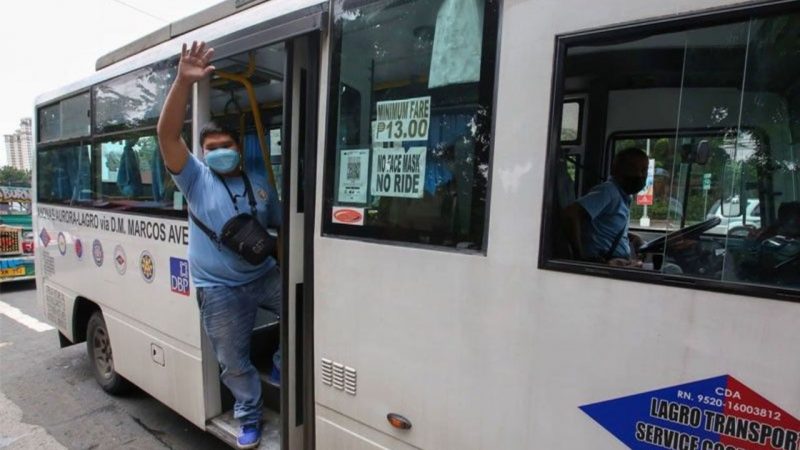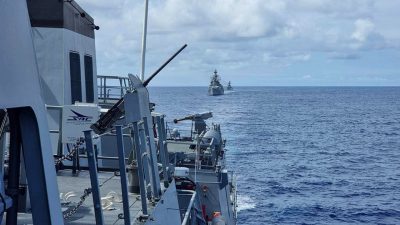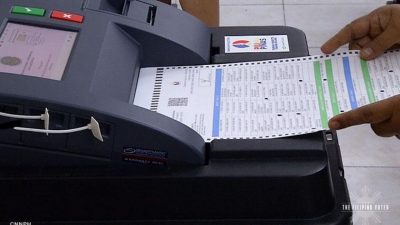By Junex Doronio
MANILA — Can an ordinary jeepney driver earn as much as P7,000 a day to sustain his family and pay his loan for the purchase of a modern jeepney worth P2.8 million?
This question was grilled on the Land Transportation Franchising and Regulatory Board (LTFRB) during the hearing on Wednesday of the House Transportation panel on the Public Utility Vehicle (PUV) modernization program.
“Based on [state-run bank] Landbank computation of granting loans at 6% annual interest payable for seven years and P2.8 million per unit, a cooperative would need to raise P40,000 monthly to pay for each unit. This amount excludes fuel, facilities, cooperative management, maintenance, and other mandatory expenses. Each unit would need to earn P4,000 to P5,000 a day for these expenses [of loan payment and maintenance], excluding the amount that the driver will earn. If drivers are looking at earning P1,500 or P2,000 per day, that would be P7,000 per day,” 1 Rider party-list Representative Bonifacio Bosita noted.
But LTFRB Teofilo Guadiz III could hardly confirm if Bosita’s computation was accurate when asked by lawmakers.
“The computation is based on the acquisition cost of P2.8 million. We have [modern] jeepneys that cost P980,000 [each]…I would not say it is not accurate if the cost of a vehicle is P2.8 million [per unit],” Guadiz retorted.
This response, however, angered the House Committee on Transportation chairperson Romeo Acop.
“Nagdedepensa ka agad eh. Yes or no, accurate ba iyon?” he asked Guadiz.
The LTFRB chief then said that he could not respond categorically to such a question.
Guadiz hastened to add that there are cheaper units.
On Sunday (January 7), Tulfo charged that the purchase of Chinese-made jeeps reeks of corruption since it costs less to produce modern jeepneys in the Philippines.
He noted that imported jeepneys from China cost between P2.6 million to P2.9 million per unit, which is more expensive than a local unit amounting between P900,000 to P985,000.
Guadiz pointed out that jeepney cooperatives should fully handle the process, and they could buy from any manufacturer, whether local, from Japan, or China, since the government would not meddle in this.
(el Amigo/MNM)







